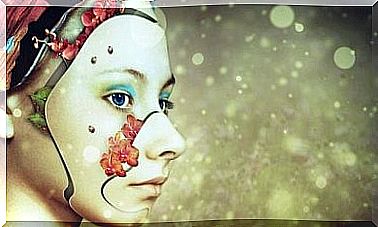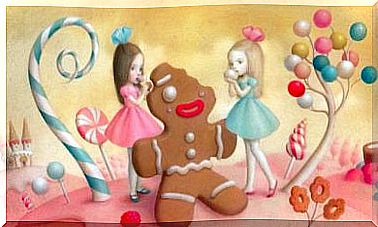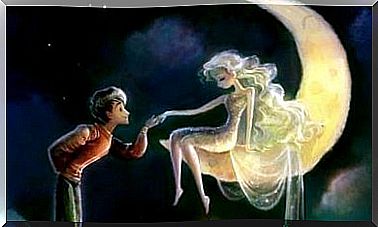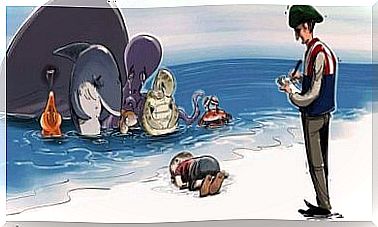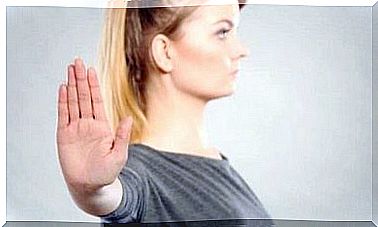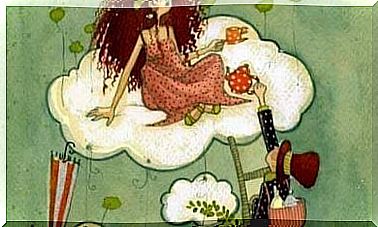Five Consequences Of A Bad Childhood
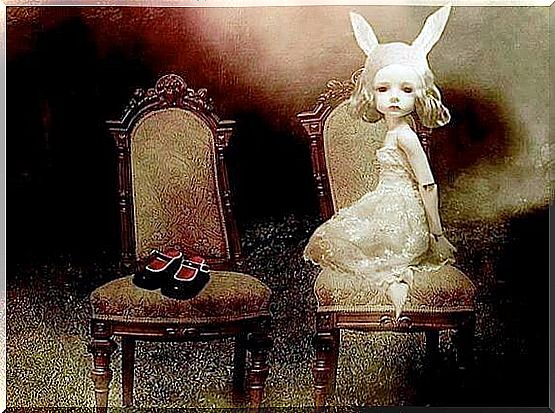
Childhood is a stage of life where we get to know the world, discover and learn to control the people and things around us. On the other hand, it is a period when we are very vulnerable and dependent. What happened in our childhood remains a part of us and it is difficult to change that.
This applies to both positive and negative childhoods. Our childhood can be an advantage or a handicap that we receive by chance and, in a way, we have little control over it ourselves.
In TV shows or movies we often see a difficult person who has had a childhood full of adversities, in a direct or indirect way.
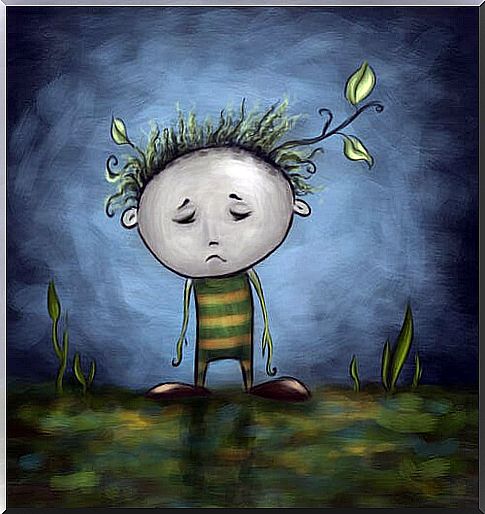
But what are, in reality, the most common consequences of a bad childhood?
1. Resentment
This period, like any other in our lives, will not come back once we have gone through it. A bad childhood translates into a usually sad, unhappy or complicated childhood.
Often, not spending these years the way they should be spent leads to feeling resentment toward those people we had around us back then. In other words, our childhood emotional connections survive and manifest as a conflict of love and bad feelings.
These opposing feelings are not an accident, but a later evaluation of the injustices, mistrust, fear, abandonment and humiliation we once suffered.
2. Difficulty forming relationships with others
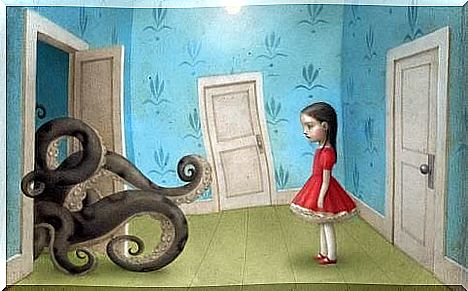
The way we form relationships begins to form during the early years of our lives. We learn how to express ourselves and how to control our silences to have effective communication.
During childhood, relationship patterns such as violence and coercion are easily learned and reproduced. This is difficult to unlearn because as children we have seen how to use them effectively in relationships.
While we have little control over the way we learn about relationships, we can see the negative consequences of what we grew accustomed to as children as adults. At some point we pay a high price for it.
3. Skewed Self-Image
A bad childhood doesn’t just mean a lack of affection, frequent punishment, or indifference. It also has to do with living with people who do not recognize children’s mistakes or who are overprotective, which prevents children from being confronted with the mistakes they make, and projecting on them the image of invulnerability and perfection, which is far from it. what they will encounter later in life.
In this sense, the person grows up believing that he or she is something that he/she is not and thus ignorance arises, for which the person will pay a high price later on.
4. Less likely to develop emotional intelligence
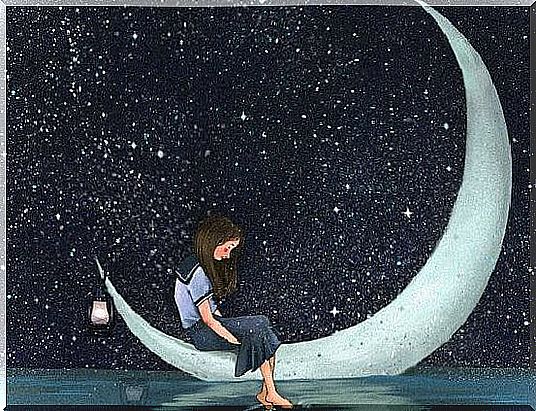
Mathematics, linguistics, foreign languages… all these subjects are part of all academic curricula. However, something just as useful – controlling our emotions – is (or fell) outside of systematic education.
The fact that no one has bothered to teach us how to control our emotions doesn’t mean we haven’t learned it ; what happens is that we eventually learn it ourselves by observing others.
In a bad childhood, the people who are close to us or who serve as points of reference tend to have underdeveloped emotional intelligence. This can be very toxic in childhood, it makes us vulnerable in the most fundamental way.
5. Chance to repeat the parent’s pattern
The education we receive as children will, in most cases, serve as the basis for raising our own children when we are adults. If it is really true that we often unconsciously repeat certain patterns or behaviors, we must make a significant effort to change our lives in a healthy way.
Although the people who have had a difficult childhood find it more complicated to develop further, they can eventually make a comeback and overcome what they should never have been denied.
In this way, and over time, they will be admired more for what they have accomplished than for what has hurt them. And these people deserve our admiration.
